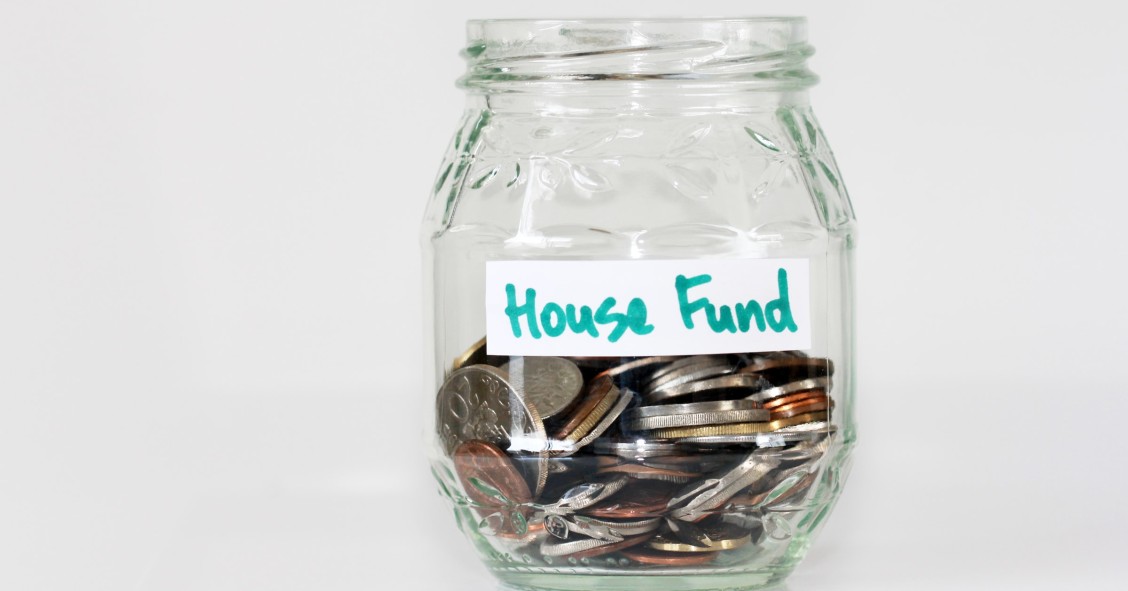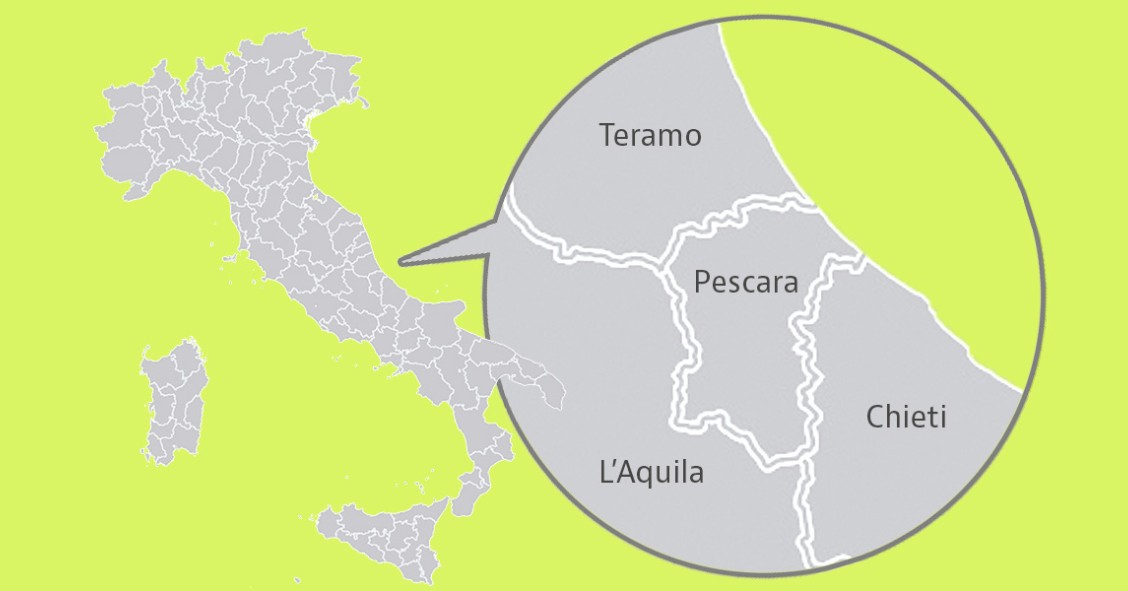
A problem shared is a problem halved according to the old saying. Italy is not the only European country in which property taxes have an impact on the economy of families. Not only that, because it is not even the country in which property taxes are the highest.
Eurostat (The Statistical Office of the European Union) has published a report on taxes in the respective member states from which interesting data can be obtained. The study examines both so-called "recurring" taxes (IMU or Imposta municipale propria) and other property taxes (such as those on transfers and international transactions).
The resulting outlook shows France head the field in the ranking of the countries with the greatest tax burden for property taxes. Outside the Alps, 4.9% of the burden is on families. This is followed by Great Britain (3.1%), Belgium (3.6%), Greece (3.3%), Spain (2.7%) and Denmark (2.4%).
And what about Italy? Italy is in seventh place with 2.3%, followed by Portugal and Poland. However, this percentage is still lower than that recorded in the EU which is 2.6%. The least inhabited countries, with more limited public and welfare expenditure such as Estonia, Lithuania, Slovenia and Hungary, are as low as below 1%.
More generally, Eurostat also points out that property taxes remain a very important item in the tax levy in Europe. On average, they rose from 2.2% in 2005 to 2.6% in 2017. In Italy, house taxes currently account for 5.9% of the GDP, while in France they even exceed 10% (although the French government recently announced the elimination, from 2020, of paying tax on a first house).






